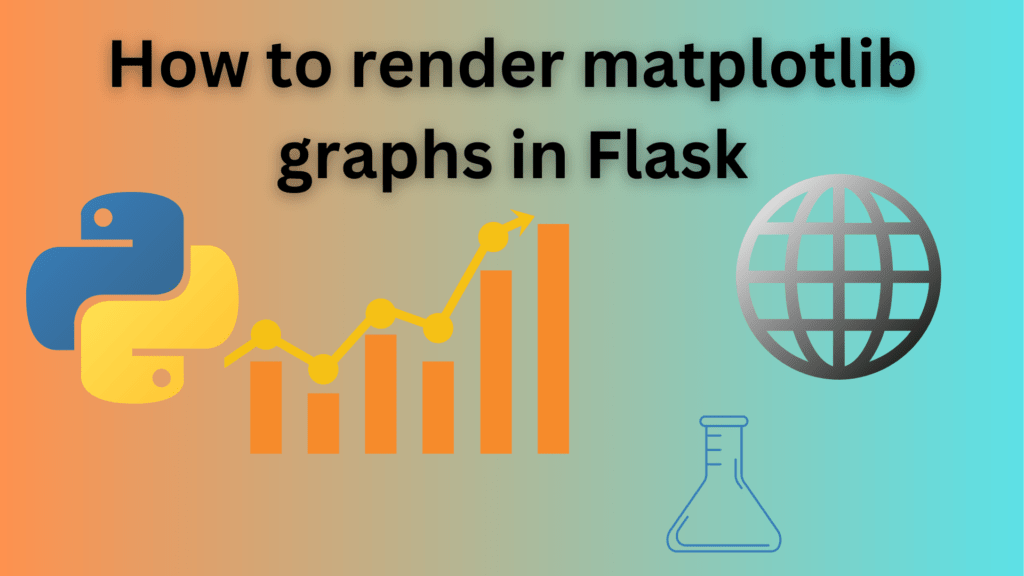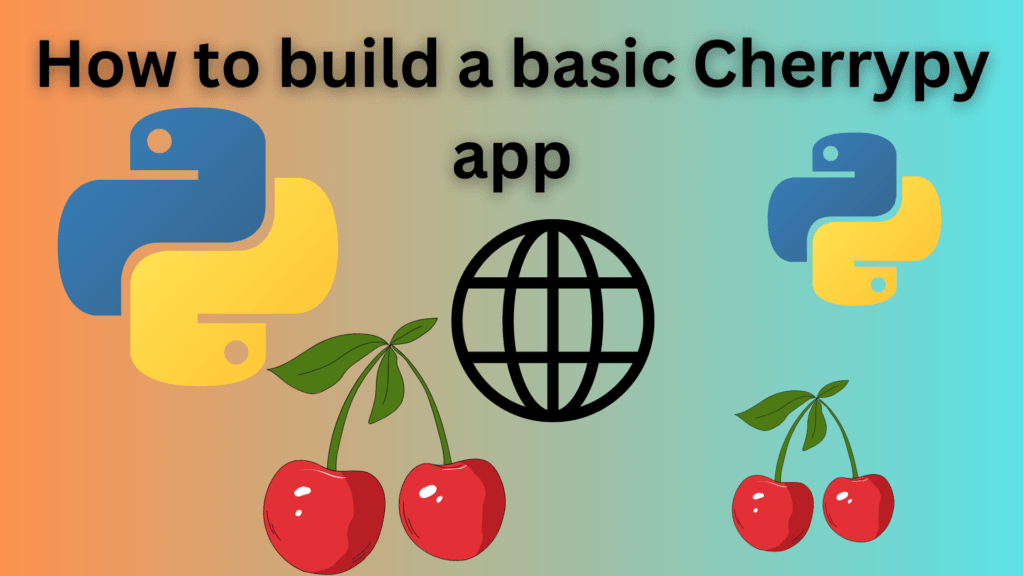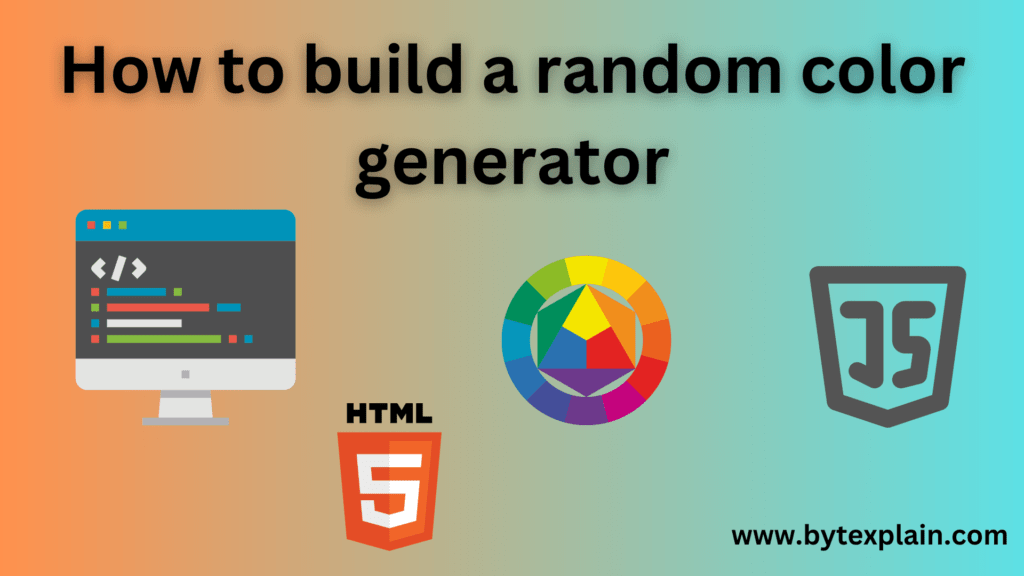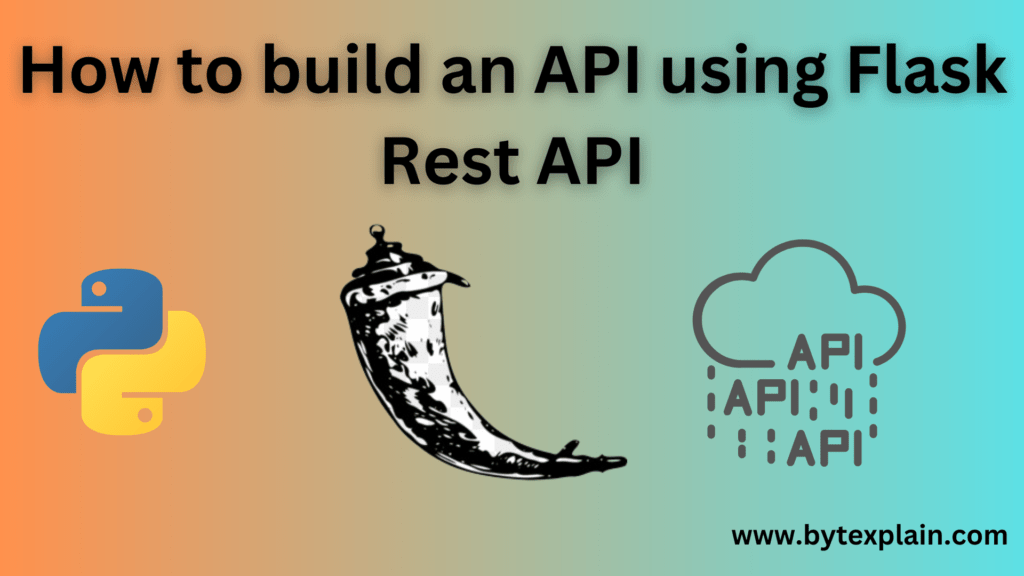In the rapidly evolving landscape of software development and IT operations, DevOps has become a pivotal methodology, bridging the gap between development and operations teams to ensure faster, more reliable software delivery. The right DevOps tools are essential for automating processes, enhancing collaboration, and improving overall efficiency. In this blog, we will explore the top 10 DevOps tools for 2024, detailing their features, strengths, and ideal use cases to help you choose the best solutions for your DevOps needs.
Table of Contents
1. Jenkins
Jenkins is an open-source automation server widely used for continuous integration and continuous delivery (CI/CD). It supports a vast ecosystem of plugins, making it highly customizable for various development pipelines.
- Features:
- Provides extensive plugin support, enabling integration with numerous tools and platforms, including Git, Docker, and Kubernetes.
- Supports distributed builds, allowing the use of multiple nodes to speed up the build process.
- Offers a user-friendly interface and detailed reporting features, making it easier to monitor and manage builds.
- Pros:
- Highly extensible with a vast library of plugins for customization.
- Strong community support and documentation.
- Scalable architecture suitable for small projects to enterprise-level applications.
- Use Cases: CI/CD pipelines, automated testing, and continuous deployment.
Read Also : Top 20 Penetration Testing Tools for 2024
2. Docker
Docker is a popular containerization platform that allows developers to package applications and their dependencies into lightweight containers, ensuring consistency across different environments.

- Features:
- Provides a standardized platform for developing, shipping, and running applications, ensuring consistency from development to production.
- Supports Docker Compose for defining and running multi-container Docker applications.
- Offers integration with various CI/CD tools, including Jenkins and GitLab, for seamless deployment pipelines.
- Pros:
- Simplifies application deployment by isolating dependencies in containers.
- Enhances scalability and resource utilization through container orchestration.
- Large ecosystem of pre-built images available on Docker Hub.
- Use Cases: Microservices architecture, application deployment, and development environment setup.
3. Kubernetes
Kubernetes, often abbreviated as K8s, is an open-source container orchestration platform that automates the deployment, scaling, and management of containerized applications.
- Features:
- Provides automated scaling, self-healing, and rolling updates, ensuring high availability and reliability.
- Supports complex application architectures with features like service discovery, load balancing, and network policies.
- Offers integration with various cloud providers and on-premises environments, enabling hybrid and multi-cloud deployments.
- Pros:
- Highly scalable and suitable for large, complex applications.
- Extensive support for automation, reducing manual intervention in deployment and scaling.
- Strong community support and a wide range of extensions and plugins.
- Use Cases: Large-scale application deployment, microservices management, and multi-cloud environments.
4. Ansible
Ansible is an open-source automation tool used for configuration management, application deployment, and task automation. It uses a simple, human-readable YAML syntax, making it easy to learn and use.
- Features:
- Provides agentless architecture, eliminating the need for installing and managing agents on client machines.
- Supports idempotent operations, ensuring that configurations are applied consistently across multiple runs.
- Offers Ansible Galaxy, a vast repository of pre-built roles and modules for various automation tasks.
- Pros:
- Simple syntax and minimal learning curve, making it accessible for beginners.
- Flexible and powerful, suitable for managing complex IT environments.
- Strong support for multi-tier applications and hybrid cloud infrastructure.
- Use Cases: Configuration management, infrastructure automation, and application deployment.
5. Terraform
Terraform is an open-source infrastructure-as-code (IaC) tool that enables users to define and provision cloud infrastructure using a high-level configuration language.
- Features:
- Provides support for a wide range of cloud providers, including AWS, Azure, and Google Cloud, enabling multi-cloud infrastructure management.
- Offers modular architecture, allowing users to define reusable components for complex infrastructure setups.
- Supports state management and change automation, ensuring consistent and predictable infrastructure deployments.
- Pros:
- Enables automation and consistency in infrastructure provisioning.
- Supports versioning and tracking of infrastructure changes.
- Extensive provider ecosystem, enabling integration with various cloud and on-premises platforms.
- Use Cases: Infrastructure provisioning, cloud resource management, and multi-cloud deployments.
6. GitLab CI/CD
GitLab CI/CD is a built-in continuous integration and continuous delivery solution integrated with GitLab. It provides a complete DevOps lifecycle management toolchain, from source code management to deployment.

- Features:
- Offers integrated version control, issue tracking, and CI/CD pipelines in a single platform.
- Provides support for parallel builds and distributed runners, enabling efficient build processes.
- Offers advanced security and compliance features, including dependency scanning and container security.
- Pros:
- Seamless integration with GitLab repositories and workflows.
- Comprehensive DevOps platform with support for source code management, CI/CD, and monitoring.
- Scalable architecture suitable for small teams to large enterprises.
- Use Cases: End-to-end DevOps lifecycle management, automated testing, and continuous deployment.
7. Nagios
Nagios is a powerful open-source monitoring tool that provides comprehensive monitoring and alerting for servers, applications, and networks.
- Features:
- Supports monitoring of various network services, including HTTP, SMTP, and DNS, and system metrics like CPU and memory usage.
- Provides a flexible plugin architecture, enabling custom monitoring scripts and integrations.
- Offers advanced alerting and notification features, ensuring timely responses to issues.
- Pros:
- Highly customizable with a large library of community-contributed plugins.
- Scalable architecture suitable for monitoring large infrastructures.
- Strong support for hybrid and multi-cloud environments.
- Use Cases: IT infrastructure monitoring, application performance monitoring, and network monitoring.
8. Prometheus
Prometheus is an open-source monitoring and alerting toolkit designed for reliability and scalability. It is widely used in conjunction with Kubernetes for monitoring containerized environments.

- Features:
- Provides a powerful query language, PromQL, for extracting and analyzing time-series data.
- Offers built-in support for service discovery and dynamic configuration, enabling automatic monitoring of new services.
- Integrates seamlessly with Grafana for creating visually appealing dashboards and visualizations.
- Pros:
- High performance and scalability for large-scale monitoring environments.
- Strong support for cloud-native and containerized applications.
- Flexible and extensible architecture, supporting custom metrics and exporters.
- Use Cases: Container monitoring, cloud infrastructure monitoring, and real-time alerting.
9. Chef
Chef is an automation platform for configuration management, infrastructure as code, and application deployment. It uses a declarative language, Chef DSL, for defining system configurations.

- Features:
- Provides support for defining reusable “recipes” and “cookbooks” for managing complex infrastructure setups.
- Supports integration with various cloud platforms, enabling consistent management of hybrid environments.
- Offers Chef Automate, a comprehensive platform for compliance, security, and workflow automation.
- Pros:
- Strong support for complex, multi-tier applications and infrastructures.
- Comprehensive ecosystem with support for various cloud and on-premises platforms.
- Robust community support and extensive documentation.
- Use Cases: Configuration management, infrastructure automation, and compliance management.
10. Splunk
Splunk is a powerful platform for searching, monitoring, and analyzing machine-generated data. It provides advanced analytics capabilities for gaining insights into IT operations and security.
- Features:
- Provides support for real-time data collection and indexing from various sources, including logs, metrics, and events.
- Offers advanced search and visualization capabilities, enabling detailed analysis and reporting.
- Supports integration with various DevOps tools, including Docker, Kubernetes, and Jenkins.
- Pros:
- Powerful search and analytics capabilities for monitoring and troubleshooting.
- Scalable architecture suitable for large-scale data analysis.
- Comprehensive support for security and compliance monitoring.
- Use Cases: IT operations analytics, security information and event management (SIEM), and real-time monitoring.
Conclusion
Choosing the right DevOps tools is crucial for streamlining your software development and operations processes. Whether you need a reliable CI/CD tool like Jenkins, a robust container orchestration platform like Kubernetes, or a powerful monitoring solution like Prometheus, each of the tools listed above offers unique features and strengths. By leveraging these tools, you can enhance collaboration, automate processes, and improve the overall efficiency of your DevOps workflows.













